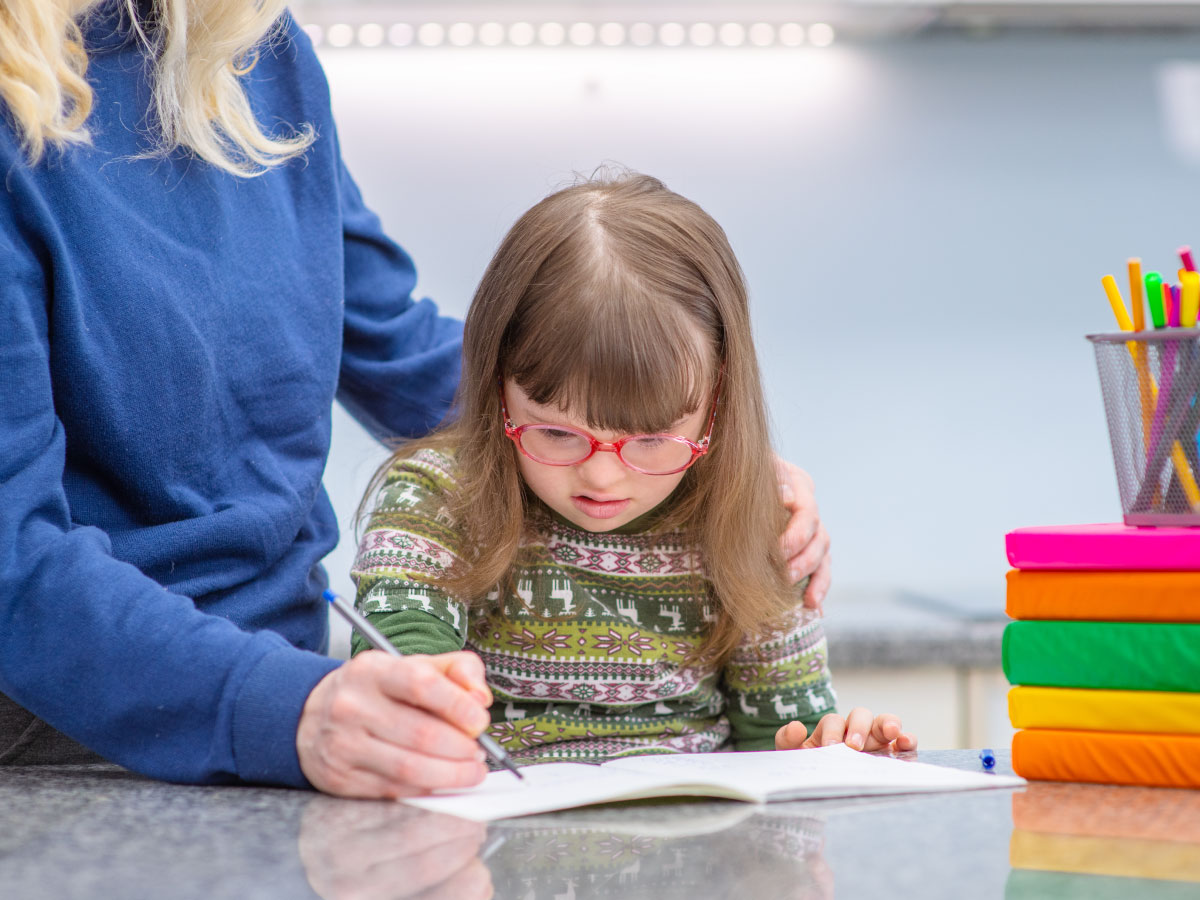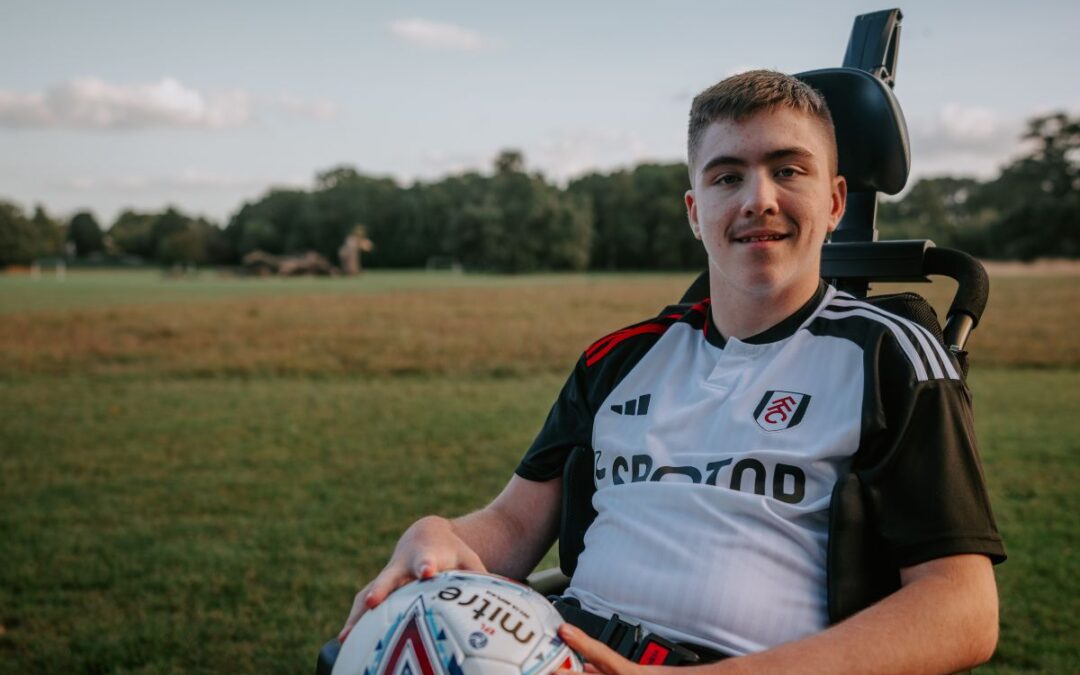
It’s always a bit of a shock to the system when the Autumn school term arrives and you have to get your child – and yourself – into the swing of school life again, getting to know new teachers, new friends and having new goals and expectations. But if your child attends mainstream school and has Special Educational Needs (SEN), whether this is an educational need or disability, it also means working with the school’s Special Educational Needs Coordinator (SENCO) to ensure your child has all the extra support necessary to thrive.
Under Section 20 Children and Families Act 2014, a child is defined as having Special Educational Needs (SEN) if he or she ‘has a learning difficulty or disability which calls for special education provision to be made for him or her’. A child is considered to have a learning difficulty if they have a significantly greater difficulty in learning than the majority of others the same age; or has a disability which prevents or makes it difficult for them to make use of facilities of a kind generally provided for others of the same age in mainstream schools or mainstream post 16 institutions.
A few examples of SEN are having emotional and behavioural difficulties (EBD), Autism, Attention Deficit (Hyperactivity) Disorder (ADHD/ADD, communication difficulties), specific learning difficulties such as Dyslexia and medical needs such as Epilepsy or Cerebral Palsy or having mobility difficulties.
If your child does qualify as having SEN, the school SENCO is the teacher at your child’s school who is responsible for assessing, planning, and monitoring progress of your child, and others at the school, and is also responsible for making any applications for any extra funding to provide your child with extra help they need.
While a good SENCO will always listen to others, including parents, to ensure the child’s needs are met as fully as possible – a coordinated effort between school and home is always best – so here are some top tips for working with them to ensure the best outcomes for your child.
- It’s important to have regular communication with your child’s SENCO, so attending review meetings is vital. These meetings will set out what has worked well, what the next targets are and how the school can support.
- Being clear, open and most of all honest about your child’s difficulties is important, especially when it comes to what they can and can’t do at home without help and how they are progressing with activities the SENCO, or an outside agency (such as Speech and Language Therapy or Autism services), has suggested you do at home with your child. You can also share any ideas you might have about what you believe might help – while the SENCO may be an expert in special educational needs, you are the expert on your own child!
- Making notes about the things you observe about your child on a day-to-day basis are invaluable. Try to keep any observations clear and dated so they can be effectively shared with the SENCO, whether this is in a notebook, diary, or online log.
- To ensure your child is getting the right help and any targets are being met there will be many meeting to review your child’s progress. These should be held regularly, at least once a term – and it’s important that you are given the chance to contribute to these and the option to attend.
- If anything does happen at school which concerns you, be sure to discuss this with the SENCO as soon as possible so it can be dealt with quickly, rather than waiting until the next review, which could make the situation worse.
It is worth remembering that SENCO’s are also full-time teachers with their own class who also perform these extra duties part-time, so they may not always be able to respond as quickly as you may wish!
To find out more about the role of a SENCO and how they can help your child, access the governments SEN guide for parents and carers:
As well as the Good School Guides advice, Contact also has information about extra support in mainstream schools.




